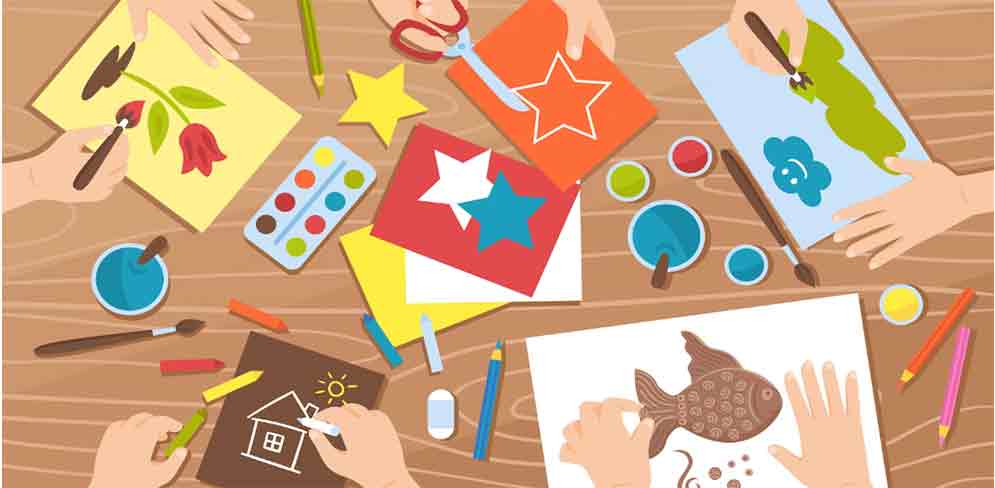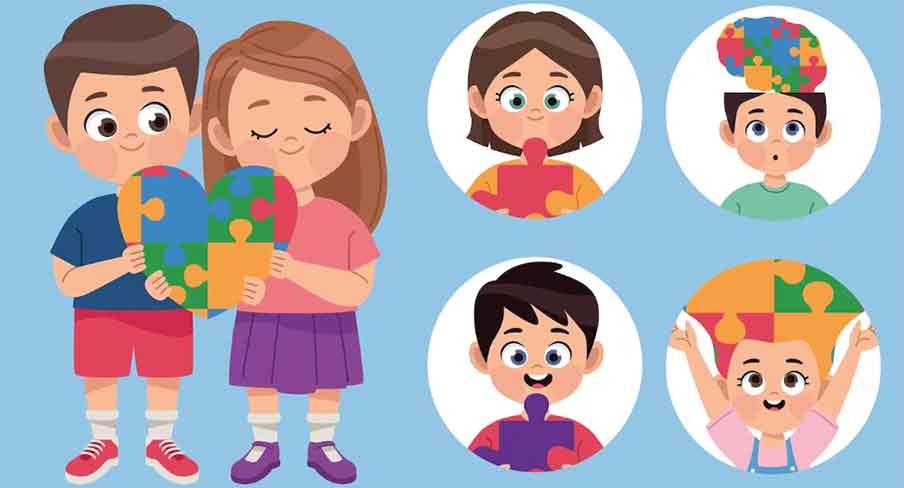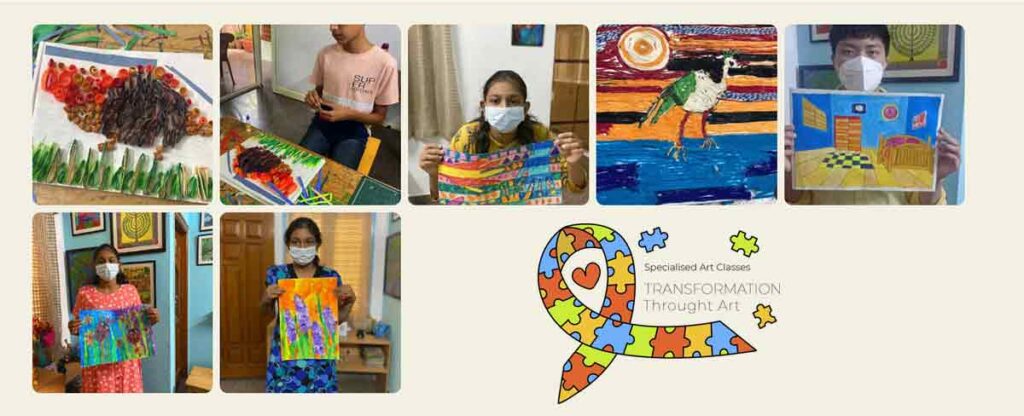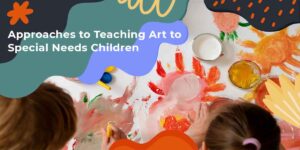Every child possesses a unique and incredible potential for creativity and self-expression. However, for special needs children, the path to discovering and nurturing these talents can be more challenging. Art, as a powerful form of therapy and expression, has proven to be a remarkable tool in helping special needs children overcome obstacles, foster confidence, and enhance their overall well-being.
Special needs children encompass a wide range of conditions, from autism spectrum disorders to developmental delays, and each child’s journey is unique. Art, in all its various forms, can provide a safe and supportive environment for these children to explore, communicate, and grow. In this blog, we will explore how art helps special needs children in their personal and developmental journeys.
Art Therapy for Special Needs Children
Art therapy is a well-established and effective approach for supporting the emotional and psychological well-being of special needs children. Unlike traditional talk therapy, which may be challenging for children with communication difficulties, art therapy offers an alternative means of expression.
Through painting, drawing, sculpting, and other creative activities, children can communicate their thoughts, feelings, and experiences in a non-verbal manner. This can be particularly beneficial for children on the autism spectrum, who often struggle with verbal communication but may excel in visual thinking and expression.
Art therapists are trained to work with special needs children, tailoring activities to their specific needs and abilities. These professionals create a safe and nurturing space where children can freely explore their creativity, address emotional challenges, and build self-esteem.
Creativity and Special Needs
Creativity is a powerful force that transcends boundaries and limitations. For special needs children, embracing their creative potential can open doors to new forms of self-expression and personal growth. Through art, children can tap into their imagination and explore the world in a unique way.
Art also encourages problem-solving skills, critical thinking, and adaptability – qualities that are essential for navigating the challenges that special needs children often face. The process of creating art allows them to experiment, make choices, and learn from their experiences, all of which contribute to their cognitive development.
Moreover, engaging in creative activities can be highly motivating for special needs children. It provides them with a sense of accomplishment and pride, boosting their self-esteem and encouraging them to continue exploring their creative talents.

Confidence Building Through Art
One of the most remarkable aspects of art therapy for special needs children is its ability to build confidence. For children who may struggle with self-doubt and feelings of inadequacy, the act of creating something beautiful and meaningful can be transformative.
Art provides a tangible and visible outcome of their efforts, reinforcing a sense of achievement. Special needs children often surprise themselves with their creative abilities, which helps them develop a positive self-image and a greater belief in their own potential.
Art also fosters a sense of control and mastery. In the art-making process, children have the freedom to make choices, experiment, and take risks without fear of failure or judgment. This newfound sense of control spills over into other areas of their lives, helping them approach challenges with more confidence and resilience.

Emotional Well-Being in Special Needs Kids
Emotional well-being is a crucial aspect of a child’s overall development, and special needs children can face unique emotional challenges. Art therapy offers a therapeutic outlet for these children to express and process their emotions in a healthy and constructive manner.
Through art, children can externalize their emotions, making them more manageable and understandable. They can create visual representations of their feelings, whether it’s through vibrant and joyful colors or somber and abstract shapes. This can be particularly beneficial for children who struggle to articulate their emotions verbally.
Art therapy also helps children develop emotional regulation skills. As they engage in creative activities, they learn to manage frustration, anxiety, and other intense emotions. This newfound ability to cope with emotional challenges can lead to a more stable and emotionally resilient child.
Communication Skills Development
Communication is a fundamental skill that plays a crucial role in a child’s life. Many special needs children face challenges in verbal communication, but art provides an alternative means of expression that can enhance their overall communication skills.
Art encourages non-verbal communication, which can be especially valuable for children with conditions like nonverbal autism. By creating and sharing their artwork, they can connect with others and convey their thoughts and feelings in a way that feels comfortable and natural to them.
Furthermore, art can be a bridge to improving verbal communication. As special needs children gain confidence through art, they may become more willing to engage in verbal interactions. Art therapy often incorporates discussions about the artwork, providing opportunities for children to practice verbal communication skills in a supportive environment.
Conclusion
Art is a powerful and transformative tool for special needs children. It offers a path to self-discovery, emotional well-being, and enhanced communication skills. Through art therapy and creative expression, these children can break down barriers, build confidence, and unlock their incredible potential. Every stroke of the paintbrush, every swirl of color, and every sculpture they create represents a step toward a brighter and more fulfilling future. Art not only helps special needs children; it empowers them to thrive.

